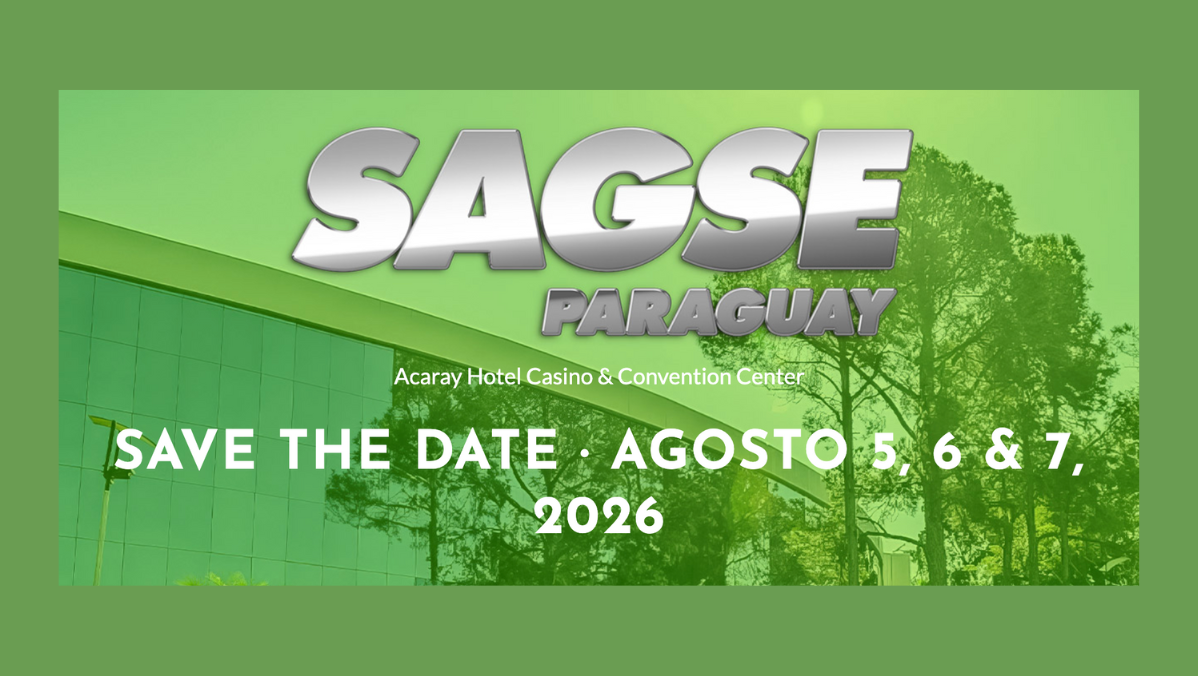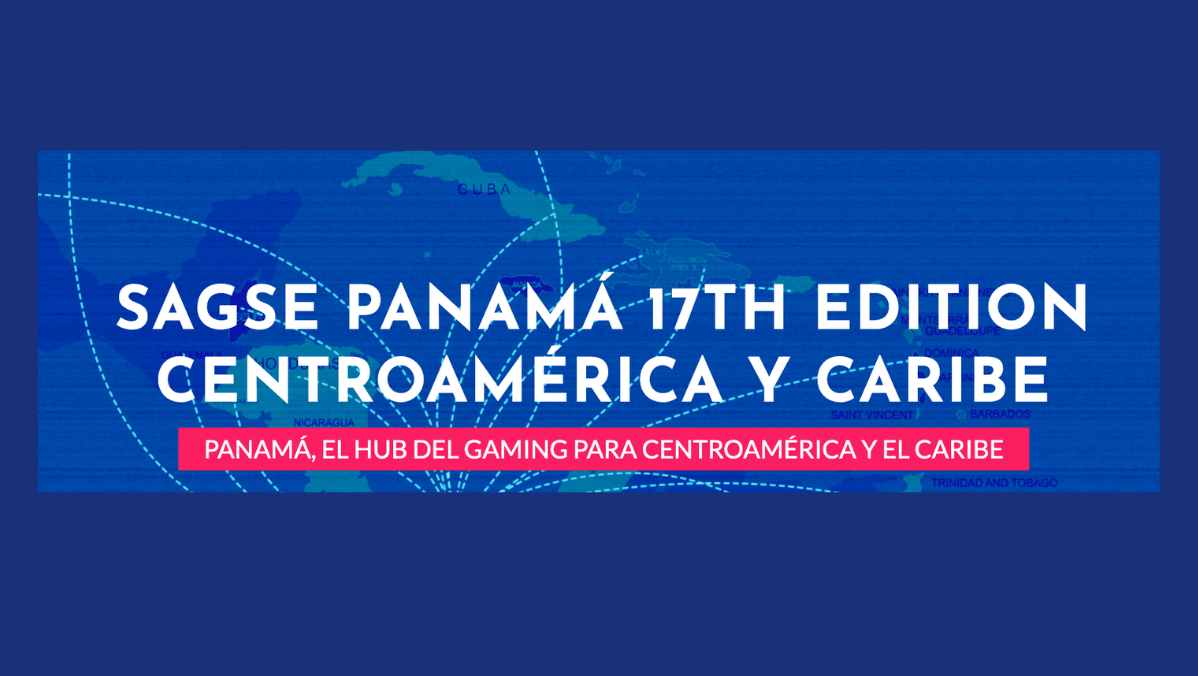30-Hour Basic Training for Problem Gambling (Day 1)

30-Hour Basic Training for Problem Gambling (Day 1)
The Oklahoma Association on Problem Gambling and Gaming (OAPGG) is hosting a comprehensive 30-Hour Basic Training for Problem Gambling in October 2024. This online, live training is scheduled , starting on October 11 ,2024. The training will run from 8:30 am to 4:30 pm (CT) on each of these days.
Who is this training for?
This evidence-based course is specially designed for counselors, peer support specialists, social workers, addiction specialists, and anyone involved in the mental health or behavioral health field who wants to better understand gambling disorder. It offers foundational knowledge and skills to support individuals struggling with gambling addiction, covering essential concepts such as the nature of problem gambling, its prevalence, signs, risk factors, and treatment approaches.
Participants will be guided by experts in the field and will have the opportunity to gain in-depth knowledge about gambling disorder, including its impact on individuals and families, the role of co-occurring disorders, and techniques for effective intervention. Those who complete the course will receive 30 hours of Continuing Education Units (CEUs), a valuable certification that recognizes their specialized training.
Free and Paid Registration Options:
For professionals located in the Midwest Conference on Problem Gambling and Substance Abuse (MCPGSA) region, which includes Iowa, Kansas, Missouri, Nebraska, and Oklahoma, registration for the training is completely free. This generous offer is made possible by funding from the Kansas City Port Authority Problem Gambling Fund Advisory Committee.
For participants outside the MCPGSA region, there is a registration fee of $300. This fee includes access to the entire course, CEU credits, and additional resources provided during the training.
Topics Covered:
Understanding Gambling Disorder: Explores the fundamentals of gambling addiction, its similarities and differences with other addictive behaviors, and its impact on mental health.
Identification and Assessment: How to recognize problem gambling behavior in clients and use standardized assessment tools.
Treatment Approaches: Evidence-based treatment models for gambling disorder, including cognitive-behavioral therapy (CBT), motivational interviewing, and family-based approaches.
Relapse Prevention and Aftercare: Strategies to prevent relapse and provide ongoing support to clients.
Co-occurring Disorders: Addressing the relationship between problem gambling and other mental health or substance use issues.
Post-Training Support:
One unique feature of this training is the offer of free case consultation after completing the program. This allows participants to engage in ongoing professional development, connect with experienced supervisors, and apply their knowledge in real-world settings. The consultation service will help further hone clinical skills and provide support for those working with clients who have gambling-related issues.
Featured eLearning Module

Cómo Trabajar Junto a ONGS y Asociaciones en Programas de Impacto Social.
Upcoming Events

November 09, 2026 - November 12, 2026
World Lottery Summit 2026

August 05, 2026 - August 07, 2026
SAGSE Paraguay 2026

June 07, 2026 - June 10, 2026
EL Industry Days 2026

June 03, 2026 - June 04, 2026
SAGSE Panamá 2026 - Central America & Caribbean
Past Events

October 10, 2024 - October 10, 2024
Bristol Hub for Gambling Harms Research Second International Interdisciplinary Colloquium 2024

October 09, 2024 - October 11, 2024
EL Innovation Seminar

October 08, 2024 - October 10, 2024
Global Gaming Expo 2024

October 08, 2024 - October 11, 2024
1ª Semana do Jogo Responsável

